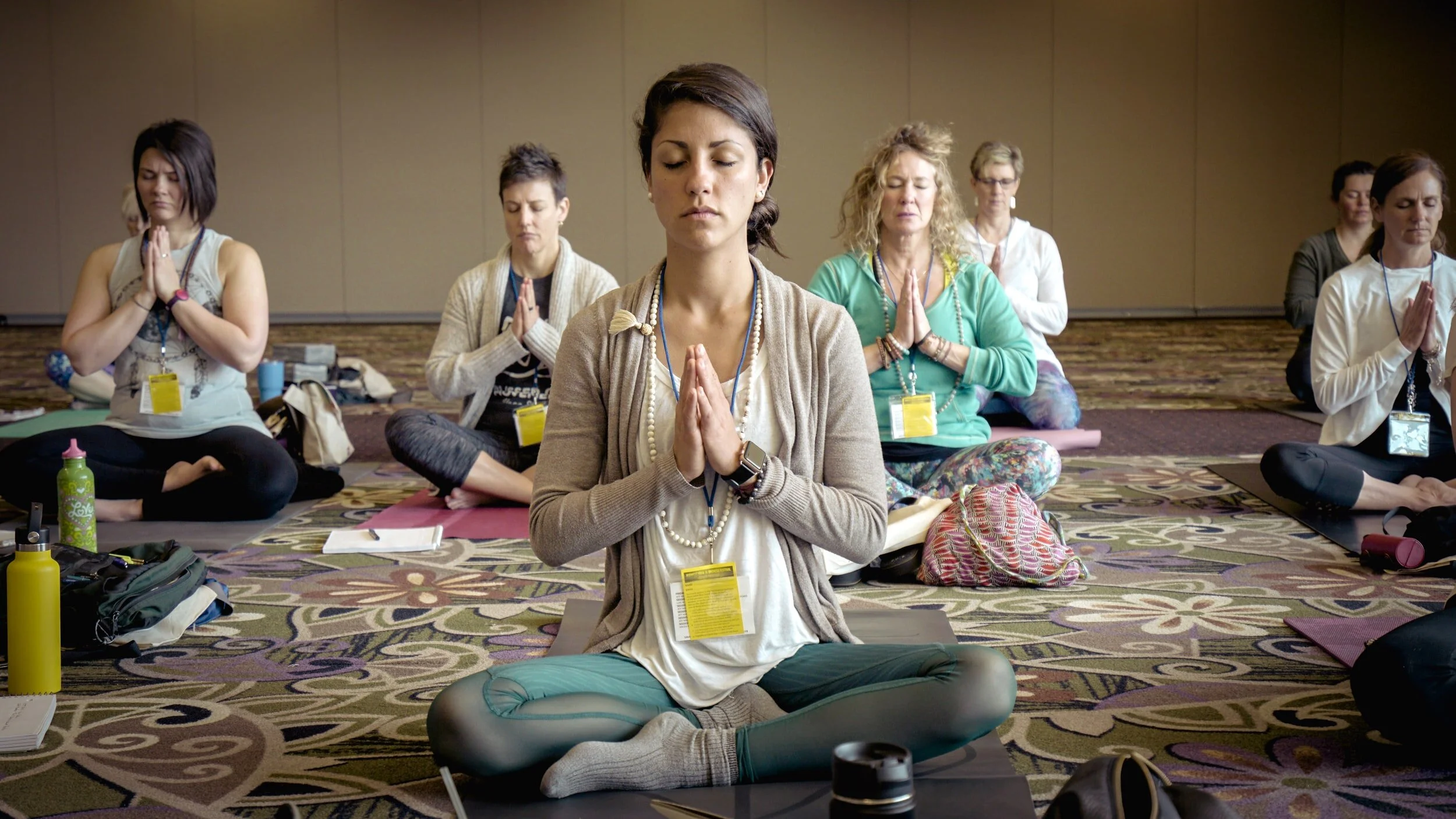5 Contributing Factors and Causes of Drug Addiction
/Across the world, drug addiction is a problem that affects many people, with effects extending to their families and the community. The impacts of addiction are not only on the physical and mental health and relationships of the addicts but also their financial wellbeing. Drug use and addiction are progressive, and there are contributing factors and causes that you should know about. Understanding these factors and causes also influences the decisions and steps an addict or family takes to seek help.
Mental Health Disorder
People with existing mental disorders have higher chances of engaging in abuse of drugs and developing an addiction. Mental health disorders such as anxiety and depression are more likely to push and turn an individual into an addict. In most cases, an individual with existing mental issues will opt for self-medication and, with time, develop a tolerance leading to addiction. People with existing mental health problems must seek help, especially in the early stages of drug use, before developing an addiction.
Peer pressure
While having friends and loved ones around you is beneficial, some companies can prove harmful to you. If your friends or loved ones engage in drug use, the likelihood of engaging in such activities is higher. With peer pressure, the habits become progressive, meaning that you get hooked and develop an addiction with time. Peer pressure is a significant factor among teens and youth. Individuals who use drugs will also choose to spend time and associate with others with the same behavior. This makes it hard to stop as the pressure and influence are strong. It also becomes hard to seek help when the peer pressure is strong and the need to quit lower.
Prescription Drugs
The risk factor for drug addiction is much higher on prescription drugs because, in most cases, they are addictive. Painkillers, antidepressants, and sedatives are among the prescribed drugs that people use and lead to addiction. Doctors and healthcare practitioners must provide control measures when prescribing addictive drugs to their patients. You should note that when the body develops tolerance to some of these drugs, it becomes easier for an individual to develop an addiction. Prescription drugs can also lead to physical and mental dependence, making it hard for an addict to stop or seek professional help.
Loneliness and Solitude
The relationship you have with your family, friends, and loved ones influences the likelihood of using drugs and developing an addiction. People with reservations and who prefer solitude will consider seeking solace from drugs. If you have a broken relationship with your family or loved ones, the temptation to look for other means of solace, hence engaging in drugs, is there. When you are lonely and out of touch with the social and active world, drugs become your companion, leading to addiction in the process.
Family and Environment
There is a correlation between family history and drug use. An individual brought up and raised in a family with drug users has a higher chance of emulating that behavior. This is the same when you reside in an environment with drug users. The risk factor is higher in children with drug-addicted parents. If the environment only allows for drug abuse, it is hard for children to see beyond drug use, especially when they don’t go to school or have proper adult guidance. Learn how family and the environment can contribute to drug abuse and addiction and the effective mitigation measures you can take to avoid such cases here https://www.ascendantny.com/.
Drug abuse and addiction is a progressive habit and disease that takes time to exhibit. It also takes time before an individual sees the need to seek help and work towards recovery. Understanding the contributing factors and causes of drug addiction makes it easier to identify, seek, or offer help to individuals struggling with drug addiction.


















